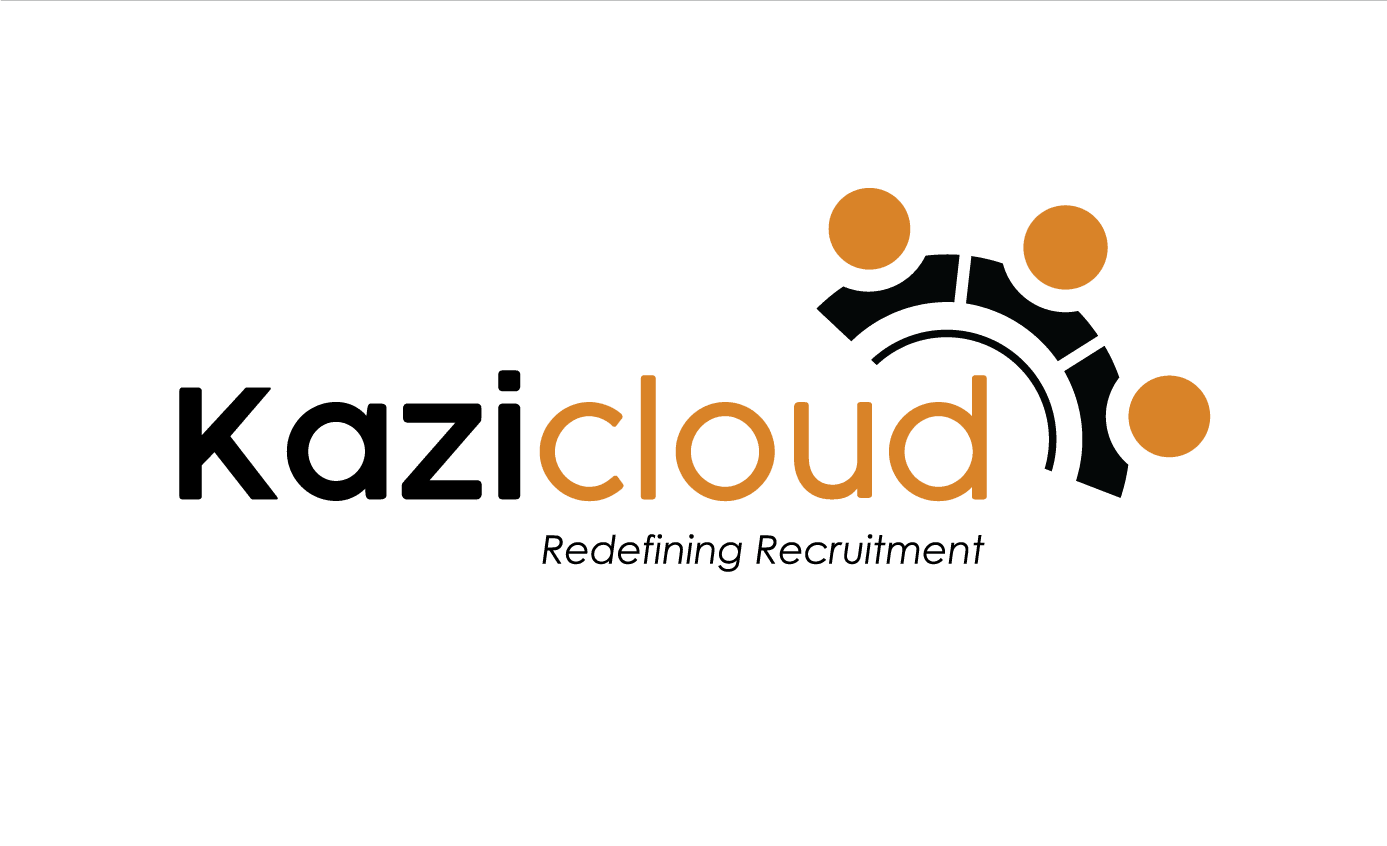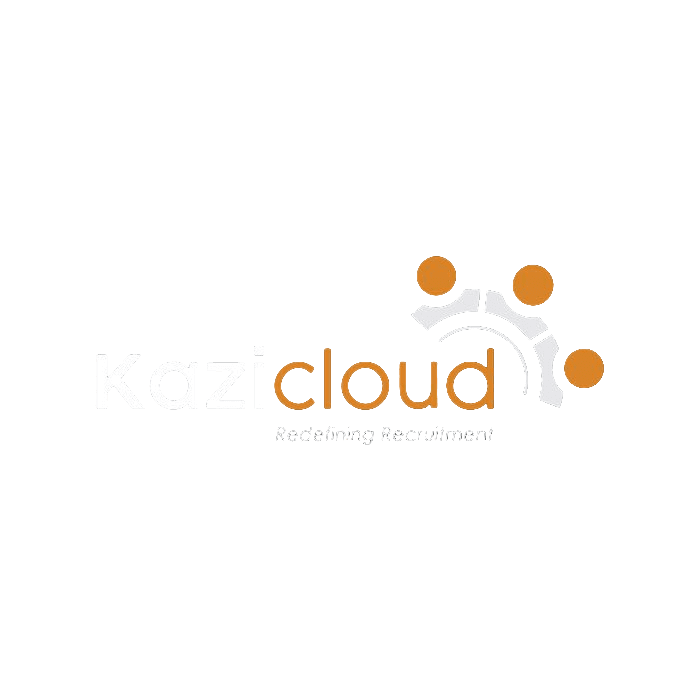Key Highlights
- The job market can be highly competitive, with a large pool of qualified candidates vying for a limited number of positions.
- Graduates may find themselves working in virtual teams, navigating digital collaboration tools, and managing their work-life balance in a remote or hybrid work environment.
- Consider Internships and gaining valuable experience, even if it’s not in a permanent role, can provide an entry point and valuable networking opportunities.
Introduction
Fresh graduates today face a significantly different job market compared to previous generations. Traditional job security and guaranteed opportunities are no longer a given, leaving graduates to navigate a challenging landscape.
This article outlines the key differences between the current job market and the past, helping recent graduates understand and prepare for the unique challenges they face:
- Lack of Experience: Employers often prioritize experience, creating a barrier for fresh graduates with limited practical work exposure.
- Competitive Job Market: The job market can be highly competitive, with a large pool of qualified candidates vying for a limited number of positions.
- Changing Job Landscape: The rise of technology and automation is continuously transforming industries, requiring adaptable and tech-savvy graduates.
The article will continue by offering actionable advice for overcoming these challenges, such as: Gaining relevant experience through internships, volunteer work, or freelance projects.
Building a strong online presence through professional networking platforms such as LinkedIn.
Developing critical soft skills like communication, teamwork, and problem-solving.
Staying updated on industry trends and acquiring relevant technical skills through online courses or certifications.
By understanding the unique challenges of the current job market and actively preparing themselves, fresh graduates can increase their chances of success in today’s competitive landscape.
Tech Revolution: Future of Work Skills

The tech world is exploding, spawning brand-new industries and revamping old ones. This means graduates are entering a job market hungry for skills related to tech jobs for graduates, like artificial intelligence, data science, cybersecurity, and digital marketing. Companies are searching for individuals who can adapt to and leverage these emerging technologies effectively. So, mastering future of work skills like adaptability is crucial for recent graduates to thrive in this ever-changing landscape.
TIP💡 : Familiarize yourself with these techniques and enhance your technical skills: Platforms like Coursera, Udemy, and edX offer courses on AI, machine learning, and coding.
Remote Work and Flexibility:

The COVID-19 pandemic has accelerated the acceptance and adoption of remote work. Graduates may find themselves working in virtual teams, navigating digital collaboration tools, and managing their work-life balance in a remote or hybrid work environment. Companies generally have become more conservative with their hiring strategies and we are aware of graduate schemes having been stopped by International Companies in return for small cash payments. Industries such as tourism, hospitality, and events have faced significant setbacks, while sectors like technology, healthcare, and e-commerce have surged. Adaptability and strong communication skills in virtual settings become essential.
TIP 💡: Graduates might have to reconsider their original career plans, considering sectors that are hiring or adapting to a changing role within their chosen fields. Research industries that have demonstrated growth or resilience during the pandemic, such as tech, healthcare, and renewable energy. Consider Internships and gaining valuable experience, even if it’s not in a permanent role, can provide an entry point and valuable networking opportunities.
Times, New Choices: Navigating the Gig Economy
 The world’s economy is a bit bumpy right now, thanks to things like pandemics, global conflicts, and trade changes. This can mean job markets are shaky, salaries might not be what you expect, and career paths could be less clear.
The world’s economy is a bit bumpy right now, thanks to things like pandemics, global conflicts, and trade changes. This can mean job markets are shaky, salaries might not be what you expect, and career paths could be less clear.
On the other hand, there’s this growing trend of companies hiring freelancers or contractors for specific projects, instead of full-time employees. This “gig economy” can offer diverse experiences, but it also means your income might not be steady and you may miss out on traditional benefits like health insurance.
So, as a recent grad, it’s important to be smart with your money and always be on the lookout for your next “gig.” This article will give you tips on how to thrive in this new and changing job landscape!
Don’t Just Get Technical: Soft Skills Matter Too!
Sure, knowing the technical stuff is important, but these days, companies also want people who can adapt, think critically, communicate well, and manage their emotions. This is where soft skills come in. Graduates who can show they have both technical and soft skills will have a major advantage in today’s job market.
TIP💡: Focus on Soft Skills: Skills like critical thinking, creativity, and emotional intelligence can’t be easily automated. Cultivate and emphasise them.
[trustindex no-registration=google]
Forget “Learn Once, Work Forever”: Continuous Learning is Key!
Remember the saying “learn once, work forever”? Well, times have changed! Today’s world is all about constant movement, with technology and industries evolving at lightning speed. This means fresh graduates need to ditch the “one-and-done” learning approach and embrace continuous learning.
Think of yourself as a lifelong learner, always looking for new ways to upgrade your skills and stay relevant in your chosen field. This could involve taking online courses, attending workshops, or even just staying updated on the latest industry trends. By being a continuous learner, you’ll be well-equipped to navigate the ever-changing job market and stay ahead of the curve.
TIP: Traditional degrees are unlikely to be enough. Be curious! Graduates should consider online courses, workshops, and certifications to stay updated and regularly follow industry news, blogs, or podcasts. Also Join Professional Associations that often can offer opportunities for workshops, conferences, and certifications. Lastly, learn on the job.
Companies Want Graduates Who Care!
Companies are realizing their impact on the world, and they’re looking for employees who care too! This means being aware of social issues and environmental concerns. Graduates who are socially and environmentally conscious will have an edge, as companies increasingly value those who share their commitment to making a positive difference.
Work From Anywhere (But Stay Focused!)
Working from home (or anywhere!) is becoming more common, offering exciting opportunities like working for companies across the globe. But it also comes with challenges. To succeed in this new environment, you’ll need to be good at managing yourself, communicating clearly, and working effectively with others online. These skills can be tough to master, so some companies might still prioritize more experienced remote workers. On the bright side, remote work offers flexibility, but it’s important to maintain healthy boundaries between work and personal life.
TIP 💡: Graduates must learn to set limits, establish a productive routine, and communicate effectively in a virtual environment. It is key to establish a Workspace and dedicate a specific area at home for work to mentally differentiate work and leisure. Also, have regular Check-ins and communicate with supervisors and colleagues to maintain visibility and stay in the loop.
Job Search in a Digital Age:
Landing a job after graduation used to be all about paper resumes and in-person interviews. But today, the game has changed! With the rise of online platforms, the job search has gone digital.
This means graduates need to be tech-savvy to navigate the new landscape. Here’s what you need to know:
Job hunting is online: Sites like Indeed and LinkedIn are your new best friends. They list tons of jobs and connect you with potential employers.
Networking is digital too: Build your online presence on platforms like LinkedIn to connect with professionals in your field.
Mind your digital footprint: Employers might check your online profiles, so make sure they showcase your skills and professionalism. Learn how to create a professional CV.
TIP 💡: Maintain your ‘Digital Hygiene’: Regularly update privacy settings, and ensure your public content presents a thoroughly professional image. You will be amazed how many potential employers review your social media presence as part of the pre-screening process. Engage authentically on platforms! Be active on platforms like LinkedIn. Share, comment, and engage in meaningful discussions.
Embrace Different Cultures in Your Career!
 The world is getting smaller (at least virtually!), and that means graduates like you are more likely to work with people from all over the globe. This is awesome because it brings diverse perspectives and experiences to the table!
The world is getting smaller (at least virtually!), and that means graduates like you are more likely to work with people from all over the globe. This is awesome because it brings diverse perspectives and experiences to the table!
To thrive in this global work environment, having good cross-cultural communication skills is key. This means understanding different cultures, being able to communicate effectively with people from various backgrounds, and being open to new ways of thinking. It’s like having a superpower that helps you build strong relationships and collaborate smoothly with your international colleagues!
The World Keeps Changing: Be Ready for Anything!
Things like climate change, global politics, trade changes, and even movements for social change are all happening around us, and they can shake things up in different industries. That’s why graduates like you need to stay informed about what’s going on and be adaptable to changes in the world. This will help you navigate your career path and find success, even when things get a little bumpy.
TIP 💡: Being informed about global affairs and understanding their implications can be a valuable asset, ensuring graduates are adaptable and foresighted. So, stay informed: maybe subscribe to international news outlets or platforms like The Economist or Reuters. Also consider engaging in programs, online courses, or workshops that enhance your understanding of global diversity and intercultural communication.
Increased Competition:
The global nature of remote work means graduates aren’t just competing with peers in their city or country but with candidates from around the world. This global competition drives the need for unique skill sets and a personal brand that can stand out on the international stage.
TIP 💡: This demands a sharper focus on personal branding, niche specialisation, and showcasing transferable skills to stand out in a global talent pool. Network! Attend virtual industry seminars, and webinars, and join professional groups on platforms like LinkedIn. Work on your personal branding as well, and maybe start a blog, podcast, or YouTube channel related to your field to showcase expertise and passion.
Taking Care of Your Mind in the Workplace:
 Starting your career can be stressful, especially with an uncertain job market and the potential isolation of remote work. That’s why taking care of your mental health is more important than ever.
Starting your career can be stressful, especially with an uncertain job market and the potential isolation of remote work. That’s why taking care of your mental health is more important than ever.
The good news is, companies are recognizing this too! They’re realizing that happy and healthy employees are productive employees. So, they’re offering resources and support systems to help their employees, including recent graduates, deal with stress and prioritize well-being.
TIP 💡: Graduates must prioritize self-care, seek out support when needed, and possibly advocate for workplace mental health. It is key to establish boundaries by setting specific work hours to avoid burnout. Also, seek support when you need it and make use of counselling services, online support groups, or mental health apps.
The Quest for Purpose:
Many of today’s graduates are seeking more than just a paycheck. They want roles that align with their values and allow them to make a positive impact, which can be a challenging find in a competitive job market. This might mean exploring unconventional roles, startups, or organizations with a clear social or environmental mission.
TIP 💡: Why not volunteer? Engage in causes that align with your values. This not only adds to the experience but showcases commitment to larger issues. Also research Companies. Look into companies’ CSR (Corporate Social Responsibility) initiatives when job hunting.
Navigating these challenges requires a combination of adaptability, a proactive approach to learning, strong interpersonal skills, and a strategic mindset in building one’s career. While the landscape is undoubtedly dynamic, it also presents opportunities for innovation, creativity, and growth for those who are prepared to meet the demands of the modern professional world.
By cultivating adaptability, investing in continuous learning, and leveraging the power of networking and personal branding, graduates have the potential to shape their career paths in unique and fulfilling ways.
With extensive experience placing thousands of graduates like you in Kenya and East Africa, we understand the unique challenges and opportunities in the regional job market. We offer a wealth of resources to guide you on your career journey, from resume building and interview skills to navigating the job search process effectively.
Don’t wait any longer! Contact us today and let our team of specialists help you develop a winning job search strategy and land your dream career. We’re committed to your success!
Learn about our top ten FREE jobseeker tools.
How To Professionally Reschedule a Job Interview (With example)






